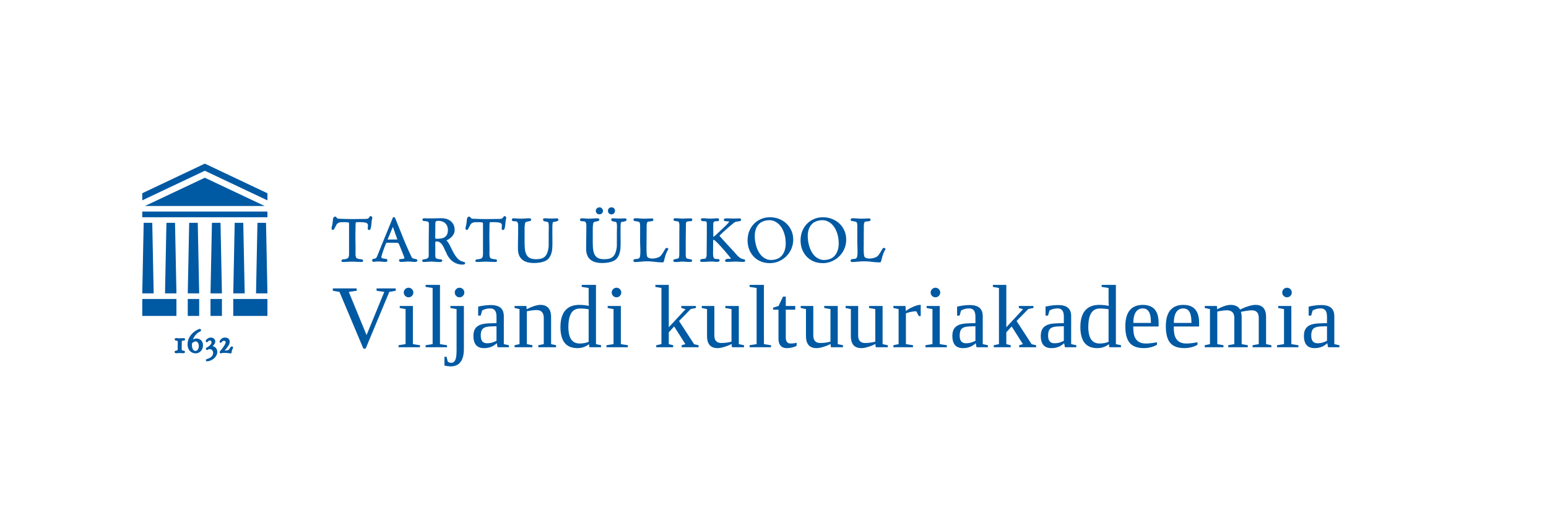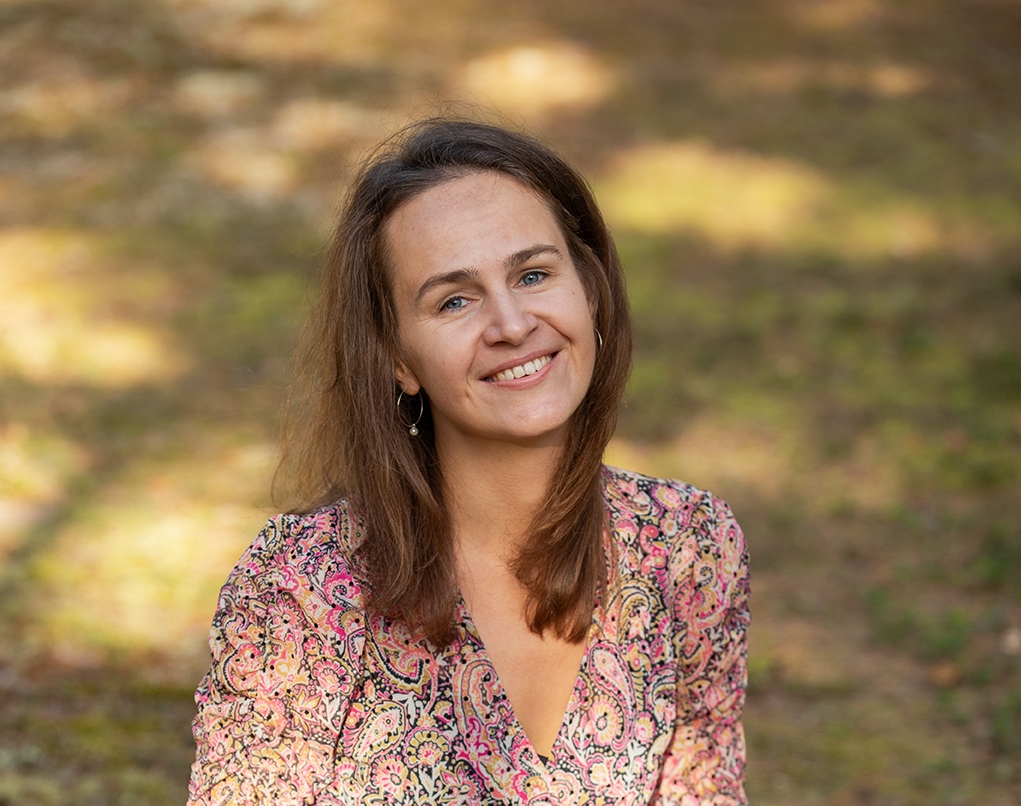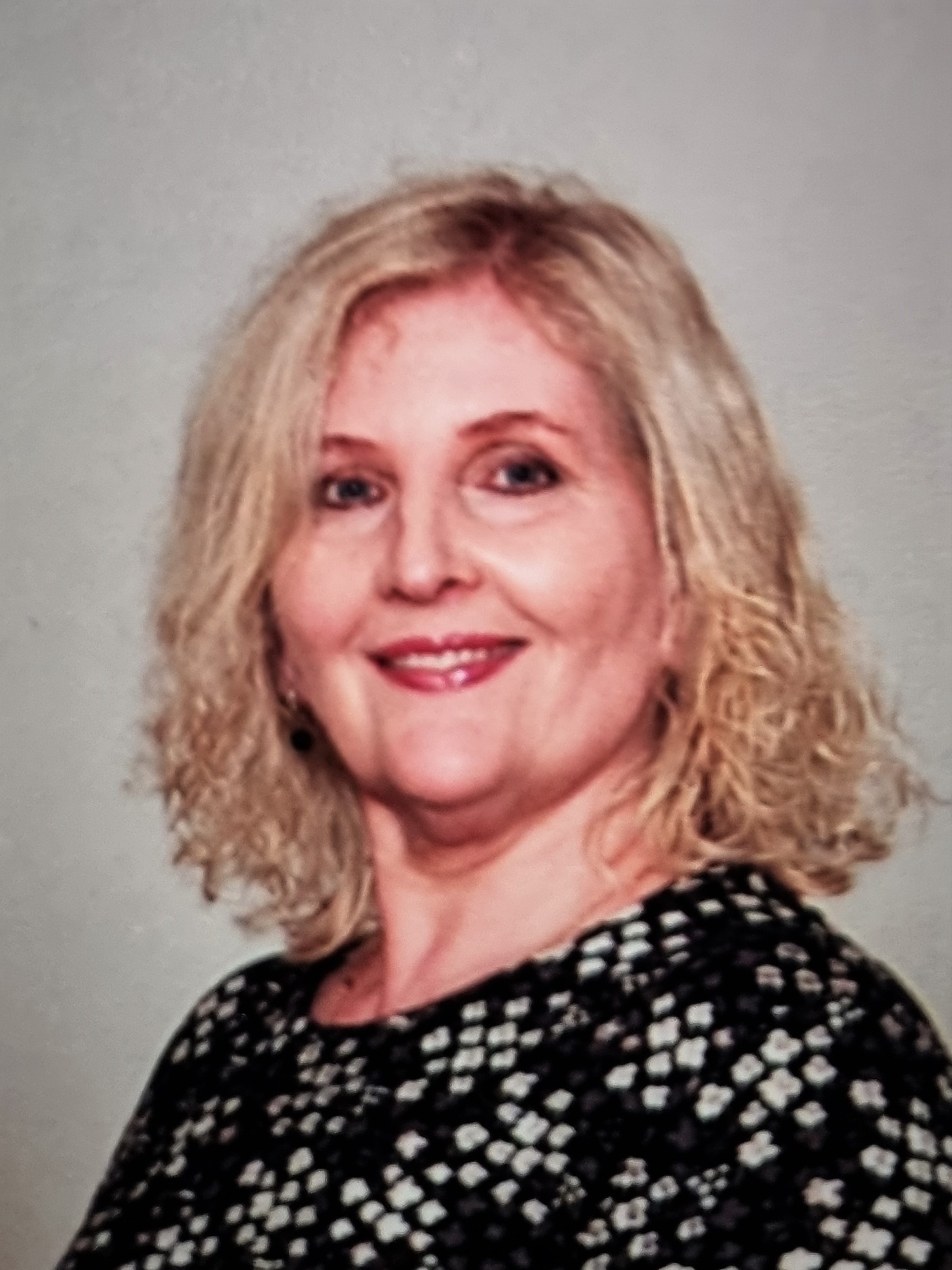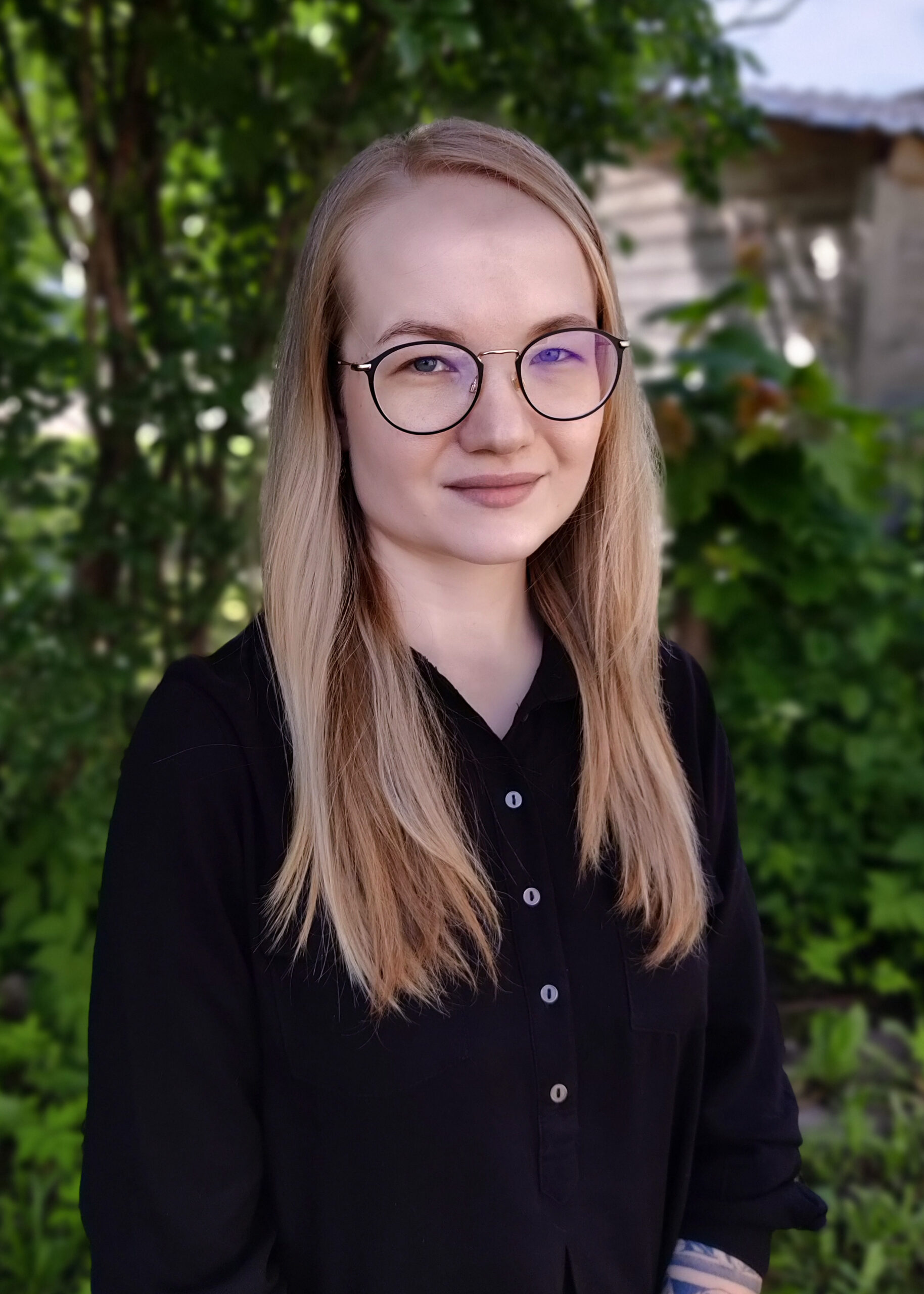“KOGENUD JA ALGAJATE ÕPETAJATE MÕTLEMISE ERINEVUSED PEDAGOOGILISTE PROBLEEMSITUATSIOONIDE LAHENDAMISEL” (juhendajad Äli Leijen, PhD; Aivar Ots).
LÜHIÜLEVAADE: Infoajastul tekitab teaduse ja tehnoloogia areng nõudluse kvalifitseeritud tööjõu järele, mis eeldab küpset isikut, kes jälgib oma individuaalset ja sotsiaalset arengut, mõtleb, uurib, teeb ratsionaalseid otsuseid ja mõtleb kriitiliselt, et probleemsete olukordadega toime tulla. Pedagoogide töö juures on kognitiivne valmisolek ja informatsiooni organiseerimise viis erinevate olukordadega toimetulemiseks väga oluline, et õppetöö toimuks võimalikult sujuvalt ja heas keskkonnas. Seega on tähtis ka pedagoogiliste probleemsituatsioonide lahendamise oskus. Selle uurimuse põhieesmärgiks oli selgitada välja erinevused kogenud ja algajate pedagoogide mõtlemises pedagoogiliste probleemsituatsioonide lahendamisel.
Magistritöö teoreetilises osas antakse teemakohasele kirjandusele toetudes ülevaade algajate ja ekspertide mõtlemisest uuringute kontekstis, õpetaja ekspertsusest ning algaja ja eksperdi mõtlemise erinevustest; avatakse mõisted kriitiline mõtlemine ja probleemide lahendamine ja eeltoodud teoreetilise kirjanduse põhjal eristati algajate ja ekspert õpetajate tunnused, mille põhjal esitati uurimisküsimus: kas ja kuivõrd need tunnused analüüsikategooriatena erineva erialakogemuse ja kompetentsusega õpetajaid eristavad. Töö empiirilises osas antakse ülevaade valimi moodustamisest, andmete kogumise ja analüüsi meetodist ning saadud tulemustest.
Käesolevas töös selgitati üheltpoolt, kuidas erineb suurema kogemusega õpetajate mõtlemine algajate õpetajate mõtlemisest pedagoogiliste probleemsituatsioonide lahendamisel. Selgus, et vastavalt teoreetilises osas väljatoodud kogenud ja algajate õpetajate võrdluse tulemustele, ei tulnud empiirilises osas esile ootuste kohaselt eristavaid tulemusi. Teiseks taheti teada pedagoogilise kogemuse tähtsust probleemsituatsioonide lahendamisel õpetajate töös. Kogemus ei osutunud probleemsituatsioonide lahendamisel õpetajate töös antud uurimuse kohaselt oluliseks.
Soovitan lugeda tööd, kui on huvi algajate ja kogenud õpetaja mõtlemise iseärasuste ja erinevuste vastu probleemsituatsioonide lahendamisel.
Anne Pilvar
lõputöö autor
TÜ Viljandi Kultuuriakadeemia
LÄBITUD ÕPPEKAVA: muusikaõpetaja MA õppekava.
SUMMARY: DIFFERENCES IN THINKING BETWEEN EXPERIENCED AND NOVICE TEACHERS WHEN SOLVING PROBLEMATIC SITUATIONS IN THE FIELD OF PEDAGOGY
The main goal of this research was to establish the differences in thinking between qualified teachers and novice teachers when solving problematic situations in the field of pedagogy. The scientific contribution of this paper is in clarifying the importance of pedagogical experience when solving problematic situations. Additionally, the results of the current study can be used as practical contribution in developing teacher training programs. For example, based on the study, a teacher training syllabus could be developed that supports the development of thinking in young teachers.
In the theoretical part of the Master’s thesis an overview, based on thematic literature, is given on teachers’ expertise, and on thinking processes of an expert and a novice in the context of the given study. Also the concepts of critical thinking and problem solving are explained. Based on the aforementioned thematic literature, characteristics of novice teachers and expert teachers were determined, which were used to formulate the main question of the study: if and how much do these characteristics, as evaluation categories,differ between teachers of various experience and competence levels. In the empirical part of the thesis an overview is given on the compilation of the sample group, data gathering, the analysis method and gained results.
The main focus of the paper is to explain, how the thinking of more experienced teachers differs from that of novice teachers when dealing with a problematic situation in the field of pedagogy. The secondary focus was in finding out the importance of pedagogical experience when dealing with a problematic situation in the field of pedagogy. Firstly, it turned out that the expected different results between the experienced and novice teachers, based on the comparison of the two groups in the theoretical part, did not occur in the empirical part of the paper. Secondly, pedagogical experience did not prove to be relevant when dealing with a problematic situation.
Statistically relevant results were obtained from three out of four case studies and in all of them, the differentiating result between experienced and novice teachers appeared in one variable or one combination of variables out of thirteen variables and six combinations of variables. The results suggested that in one case, more experienced teachers used an action plan to search for information more often, which means that it’s generally the more experienced teachers who structure their action plans better than novice teachers. The second important result of this study could be the fact, that in two cases, it was the less experienced teachers, not the experts, who offered alternative actions in their answers. The result is interesting since the opposite situation, where the experienced teachers offer alternatives, would be the logical outcome. It can be said that teacher training gave the novices a good theoretical preparation.
In conclusion, the characteristics attributed to experienced teachers in thinking ( the knowledge is more integrated, are more adapt in collecting necessary information, plan their actions according to goals, organize data better, find more resourceful and perceptive solutions) did not differ substantially from the ones of novice teachers.
The leading questions of the first case were better at differentiating between experienced and novice teachers than the questions of the last three cases, since they measured the occurrence of one specific characteristic- the compilation of an action plan. This measuring tool is useful, since it leaves questions unanswered, directs the respondent to express their own viewpoint and use their specialized knowledge.
The reason for receiving so few distinguishable results could be the fact that most experienced teachers had never come into contact with such problematic situations. The results confirm that experience is necessary, but not enough to form expert knowledge and in case of further study stricter criteria should be set when choosing expert teachers. Also, a group of experts should be added to the analysis of the study results that would inspect the specialized content of the answers.



